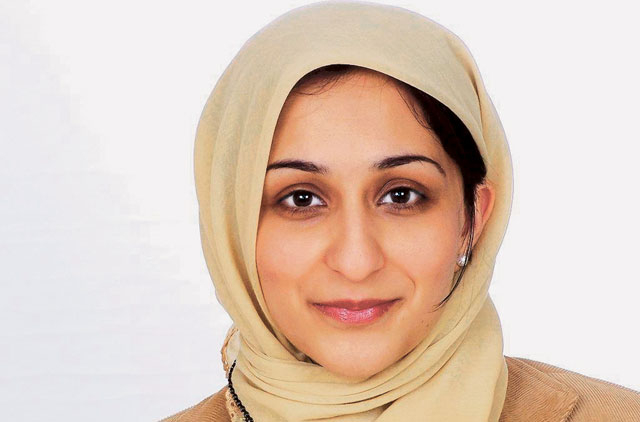To say or not to say, to report or not to report, to condemn or not to condemn — this appears to be a central dilemma shared by victims of sexual abuse, parents of victims and society at large.
Children can fail to disclose abuse to their parents for a plethora of reasons: fear of consequences from abusers, fear of being disbelieved, shame and self-blame. Emotionally unavailable parents significantly increase the likelihood of children not disclosing abuse. If children manage to disclose abuse to those around them, it falls upon us to ensure not only the child’s safety from further harm, but also to prevent other children from harm.
Research shows that it is rare for children to lie about being abused. It is critical to believe your child, despite all the forces which may influence parents otherwise. Parents can struggle to believe because the alleged abuser is within the family or even a trusted member of the community. Parents can experience intense conflict when trying to accept that the person they have known, loved, trusted and highly respected could be harming their child. It defies belief so strongly that parents try to desperately hold on to their image of the alleged abuser and thereby inconceivably fail their child by not following through on their legal and moral obligations to report the abuse to the proper authorities. It is too simplistic to understand parents’ reporting failures as lack of attachment to their children. Parents are members of society at large and subject to forces such as fear of shame and loss of honour, fear that abuse victims might be seen as damaged and different, fear of negative scrutiny of parenting practices, fear of being responsible for the questioning of the whole community’s values and ethics.
Sexual abuse can shatter society’s illusions regarding the safety of our children, the sanctity of our values, culture and religious codes and the very wholesomeness of the community. It raises tough questions not simply about the abusers, but about failures of systems, namely the family, schools, police, religious institutions and governing bodies. Resistance to reporting abuse remains unacceptable, but entirely understandable.
The question remains, how do we create change and weaken the alliance of factors that enable sexual abuse of children to continue? Education is critical — raising awareness throughout society and institutions will break into the secrecy and taboos surrounding sexual abuse, it can serve to undermine the ease of perpetrators of sexual abuse as we all hold ourselves more accountable to ask critical questions of the people holding positions of trust and responsibility around our children. Education and security verification of personnel around our children is inadequate if not accompanied by legislation mandating reporting of sexual abuse by one and all. We have to introduce reporting protocols and mechanisms, which are culturally and religiously sensitive, that don’t punish those reporting and demonstrate zero tolerance for failing to take sexual abuse seriously. Collective action is a powerful tool in combating sexual abuse in our society.
— The reader is a psychologist specialising in psychological trauma and has worked with victims of childhood sexual abuse and sexual assault in the UK.













